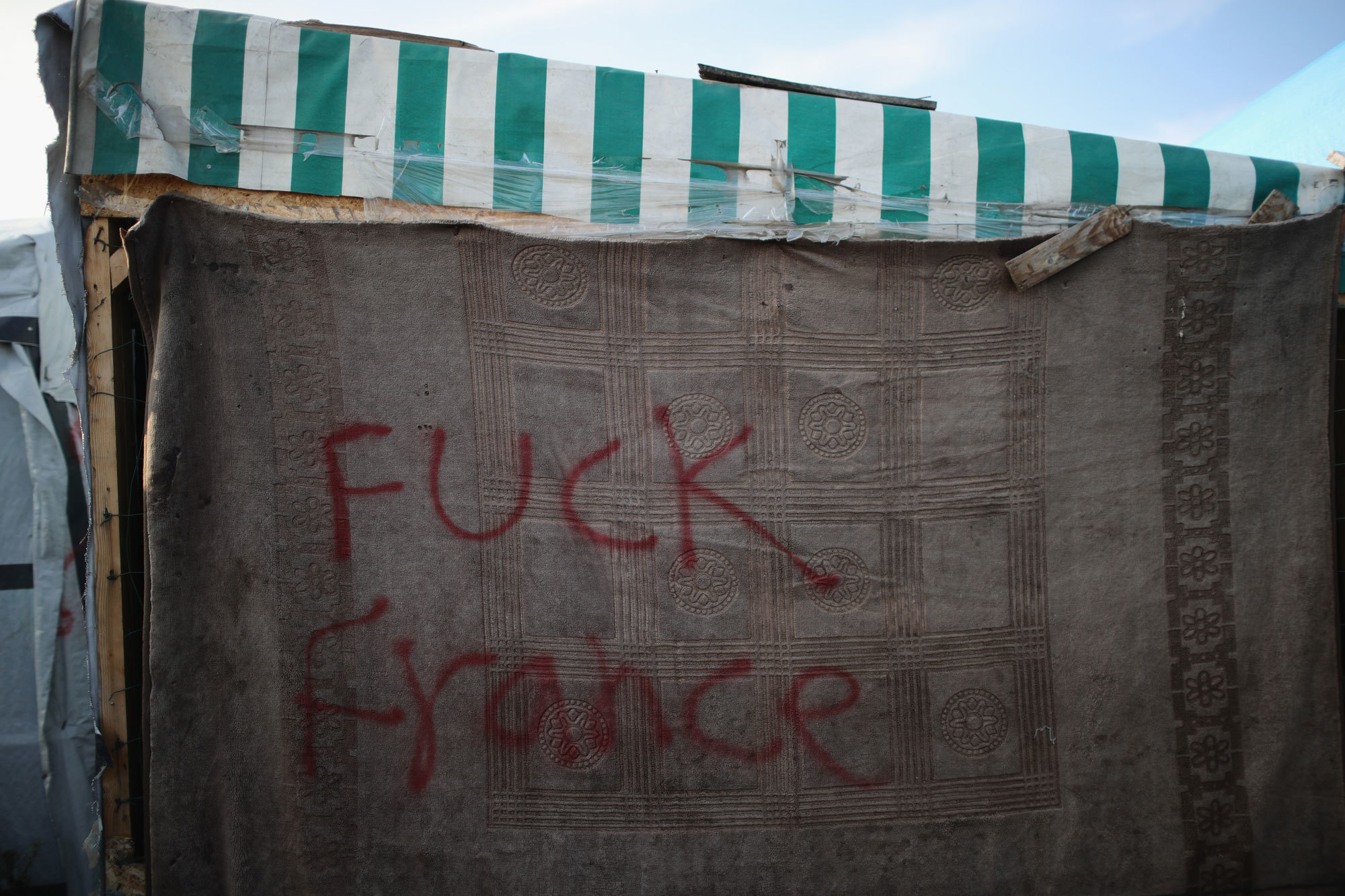Special Issue: Plan and methodology personal Issue
What does it mean “to move” in a “global village”?
In a world where national boundaries are collapsing in the name of a transnational circulation of ideas, languages and popular culture where lies the meaning of being public?
The existence of a public and free zone is it easily builded in a global village?
Which are the contradictions within the concept of globality regarding our necessity of moving freely in (public) space?
In using the word “contradictions” I don’t wait to show the point of this discussion: Living in a global network, in a Space of Flow (cit. Castells) or in a Capsular Society (cit. L.De Cauter) means being positioned in another system that translate a common necessity of freedom and openness in an unsustainable economic system that sees the act of being global as a chance to redirect the public expenditure priorities towards fields with high economic returns. Freedom means free market, mobility as the act of being positioned into selective borders between new national states, human rights are regulated by hierarchic welfares, and growth and development are translated into exploitation and acceleration.
As we don’t want to live in a world like this,
(indeed we can refer to some random tangible examples:
- the new migration fluxes from the war zones from the East of the planet to Europe,
- a trend called “re-tribalization” that is forcing the soil of our cities to become a field for new experimentations in communitarian living and all sorts of utopian behaviors,
- the emergency of subcultures that are claiming the inexistence of a valid decolonization process within certain areas of the world,
- all kinds of DIY logics that are showing and explaining possible solutions to avoid contacts with alienated methods of productions and/or exploitation.)
and as we can all perceive where the paradox lies in this western-society logic,
I’m here to analyze and discuss the act of being “mobile” in our ryzhomatic world.
Technology shaped our landscape creating new ways to navigate public space and built environment. New “forms of urban spatiality, transmediality and public interaction” are created by our medial and geopolitical panorama.
Mobility is enforced by our globalized world, however it is impossible to ignore the fact that mobilization is not equally distributed.
There are situations where mobility is replaced by immobility, and where those two actions are desired options, are enforcedly coercion or living in a paradoxical relation.
Mobility is a resource to which not everyone has an equal relationship.
There are spaces of inaccessibility, control and separation: in-between spaces like airports, checkpoints, hotels, detention centers, refugee camps and borders are liminal places paradigm of the global village. In these places the movement is paused, slowed or stopped.
The public is privatized, stressed, delocalized, over controlled and surveilled.
Why a border or another in-between space has the power of stopping, pausing, or generally “checking” the flow of my movement?
Mobility in its broadest sense concern also the potentiality of a movement:
a movement can be blocked ( what happens within borders between Europe and War Zones ),
a movement can be immobile ( new transitory space like the refugee camp ),
a movement can be planned ( like in all forms of dwelling and place-making ),
a movement can be surveilled and classified ( like in airports, gait analysis).

